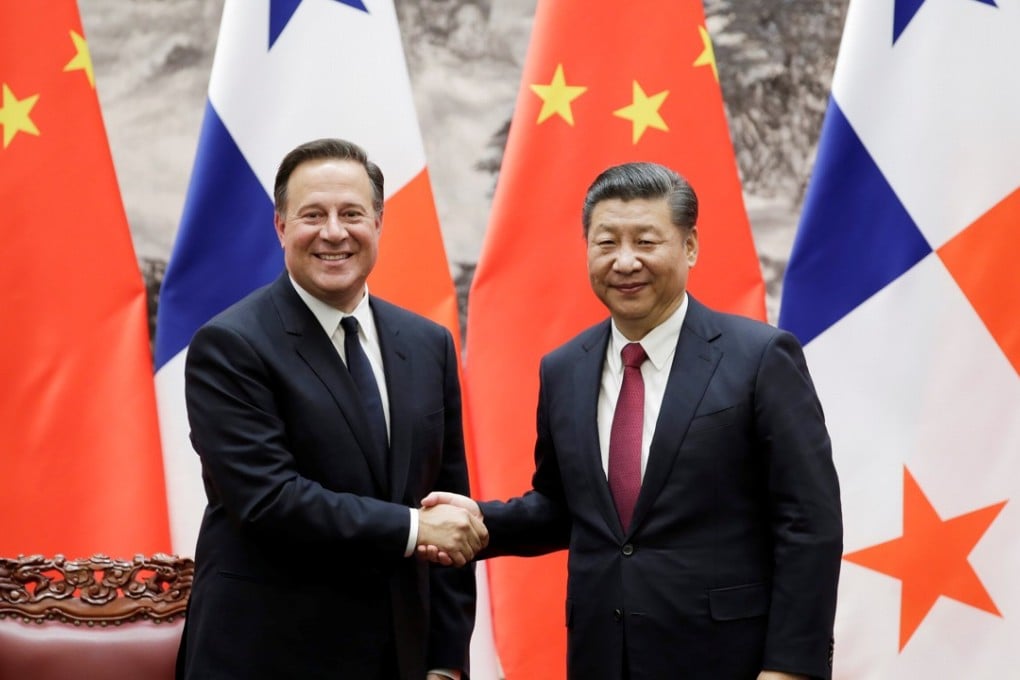Latin America’s shift to Beijing? Washington only has itself to blame, shrug region’s diplomats
‘You left some space and the other guy moved in. The region will work first with the people who bring the money’

Latin American diplomats say the United States has only itself to blame for retreating from the region, allowing China to move into the region and establish stronger economic and diplomatic ties in the Western Hemisphere.
The Trump administration announced late Friday it was at least temporarily pulling its ambassadors out of El Salvador and the Dominican Republic and the charge d’affaires out of Panama after the three countries broke diplomatic ties with Taiwan in an effort to get closer with China, a US trade adversary.
The US administration describes Chinese President Xi Jinping’s signature “Belt and Road Initiative”, the global investment and lending programme, as a debt trap fuelling greater economic dependency. It has warned that the communist government would not think twice about taking Latin American shipping ports and assets, as it has before.

“You left some space and the other guy moved in,” a Latin American diplomat said, speaking anonymously so he could more freely discuss the relationship with the United States and China. “The region will work first with the people who bring the money.”
The Chinese have been constructing roads, designing new embassies and building technology infrastructures from Argentina to Mexico. It has expanded its interests of Latin American oil, copper and iron and now wants to become a more equal trade and diplomatic partner.
Xi is ready to embrace Latin America as the Trump administration, carrying out its “America First” agenda, has pulled away from multilateral trade policies such as the 12-nation Trans-Pacific Partnership.